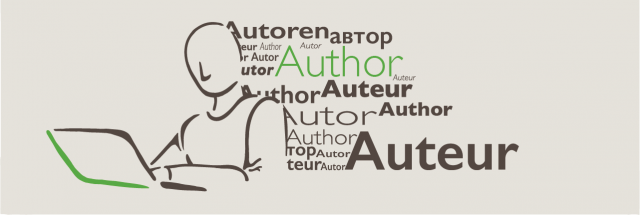
‘All have a stake in the media,’ said Magnus Linklater, editor of the Scottish edition of The Times, participating in a round table discussion on ‘the media and public confidence’, in Edinburgh on 26 August. It was held in the Royal Scots Club and chaired by Revd Logan Kirk.
Members of the Scottish Parliament had ‘a democratic duty to engage with our public through the media,’ Linklater said. ‘However there is a crisis of confidence with the media. Great scandals are useful as they shine a light on the organisation involved. We have learnt more in the last few months than before.’ The phone hacking scandal, he suggested, had forced the media ‘to consider how and why we do our job’.
‘There are journalists of incredible courage following the fighters in Tripoli,’ he continued. ‘We need reporting in papers because without us democracy is lost. At its best we are in a great and honourable profession.’
Bernard Margueritte, President of the International Communications Forum, said that he didn’t like the term 'public confidence'. Journalists, he said, were in a position ‘to lead people and to be teachers in some form’. It was not the consumers' job to know what they wanted to read or hear. On the contrary, journalists ‘need to give the citizens all they need to know. When we go to other countries we can learn what people there are doing and learn about their dreams; then we can tell our own people. We are here to be part of bringing a new civilisation.’
Two main themes emerged from the ensuing discussion – the first in response to comments by two people that they had stopped reading newspapers. Linklater made an impassioned plea that people engage with the media: ‘If the media are to improve, they need to have the public's involvement. Unless you engage we both lose.’
Margueritte said that social media were a magnificent tool ‘but we need the ability to check and re-check reliability. We are inundated by news, but we don't know its meaning. For that we need journalists. We need wisdom in journalism.’
Participants expressed concern about the ownership and finance of the media. Linklater said that the media ‘have never ever been perfect. But I do not agree that because a conglomerate runs the media that therefore it is bad journalism.’
Robin Williamson (Executive Director) and Hugh Nowell (Director) gave a brief history of the International Communications Forum, founded by the British publishing executive Bill Porter. Bill Donaldson, a retired head-teacher, spoke of his enthusiasm for ICF's central document, the Sarajevo Commitment, drawn up at a conference at Sarajevo in 2000 as a statement of best practice for media professionals. He hoped that many more media people could sign up to it.
Alec Porter, contributor to the newsletter of Justice & Peace Scotland, said he believed that the ICF had helped to put conscience into practice.
Twenty people took part in the discussion, including Anne McTaggart MSP (Member of the Scottish Parliament) and three of her staff.

